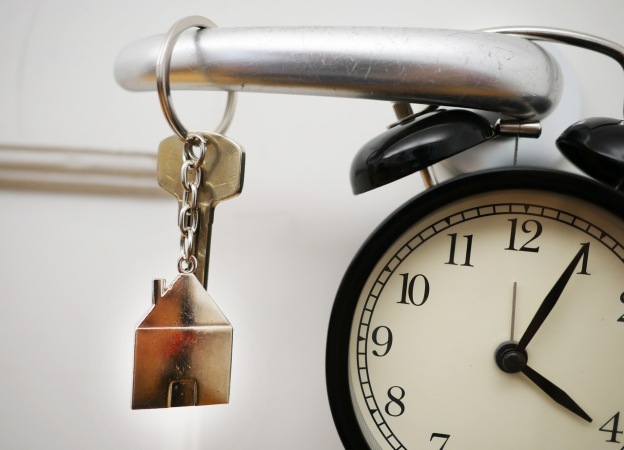
How Holdens Can Help as Your Local Conveyancing Solicitor
A Will is a legal document which sets out the people responsible for dealing with your estate after your death and specifies the people or organisations you wish to benefit from your estate.
Important considerations when making a Will are:
If you already have a Will and are later divorced (or the marriage is annulled or declared void) the appointment of the former spouse as executor in the Will no longer takes effect, and any gift to the former spouse will generally lapse.
If you marry after making a Will, the marriage automatically revokes the existing Will (unless specific provision is made in the Will, i.e. it is made in expectation of that marriage).
Most married couples own property jointly as 'joint tenants', if one of you dies the property automatically passes to the other, regardless of what is in any Will. It is often the case in the event of separation that the separating couple would prefer to leave their respective share of the property in a Will to someone else, perhaps to children. In order for such a gift to take effect it is necessary to change the joint ownership by way of 'severance of tenancy' so that you are 'tenants in common' where you would each have your own specified share of the property, which you can leave to someone else in your Will. You both do not need to agree to the severance provided that the other has been given notice. We can deal with the severance on your behalf.
If you die without a Will in the UK you die 'intestate', which means that your estate is administered in accordance with the Intestacy Rules. The division of your estate and possessions will be determined according to these rules which are often impersonal, inflexible and do not reflect today's family structures.
The Intestacy Rules may not allocate your estate and possessions in accordance with your wishes, resulting in your nearest and dearest not benefiting as you wished.
Couples living together and partners who have not registered a Civil Partnership have no automatic right to a share of their partner's estate on death under the Intestacy Rules. Also if you are separated or your divorce has yet to be finalised, your spouse is still entitled to inherit from your estate. Intestacy Rules do not make provision for stepchildren of the deceased either.
Making a Will is the surest way anyone has of providing for others after their death. We can guide you through the options available.
Basic Will cost £275 + VAT
Mirror Will cost £395 + VAT
For a consultation with a specialist Wills, Probate, Tax or Trusts Lawyer please call Holdens on 01524 32484 or contact us online.